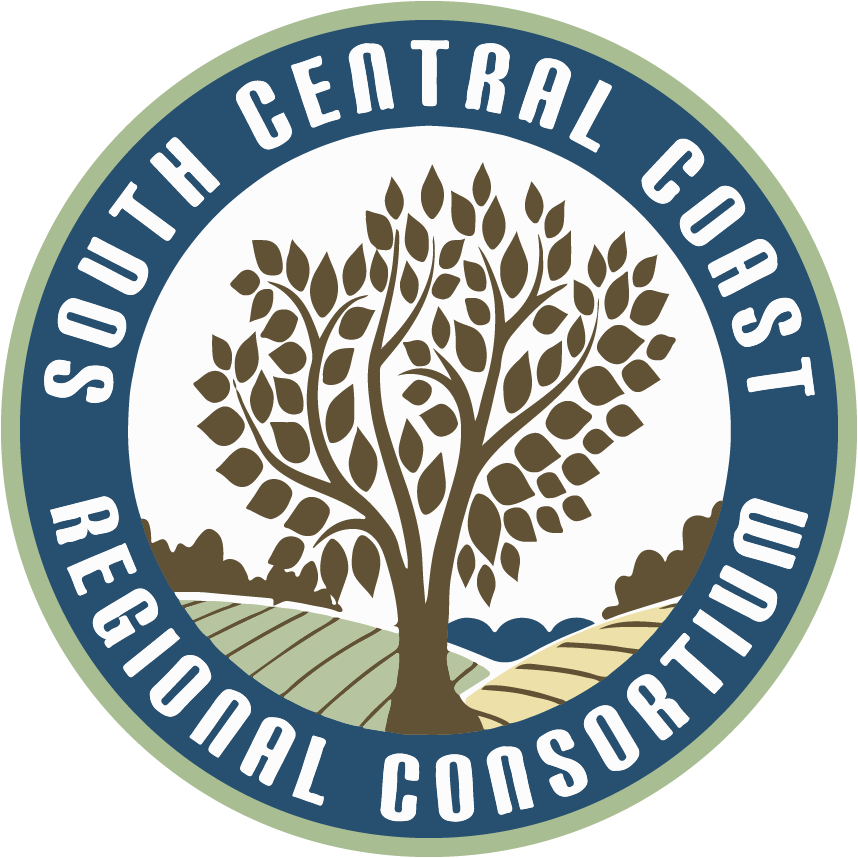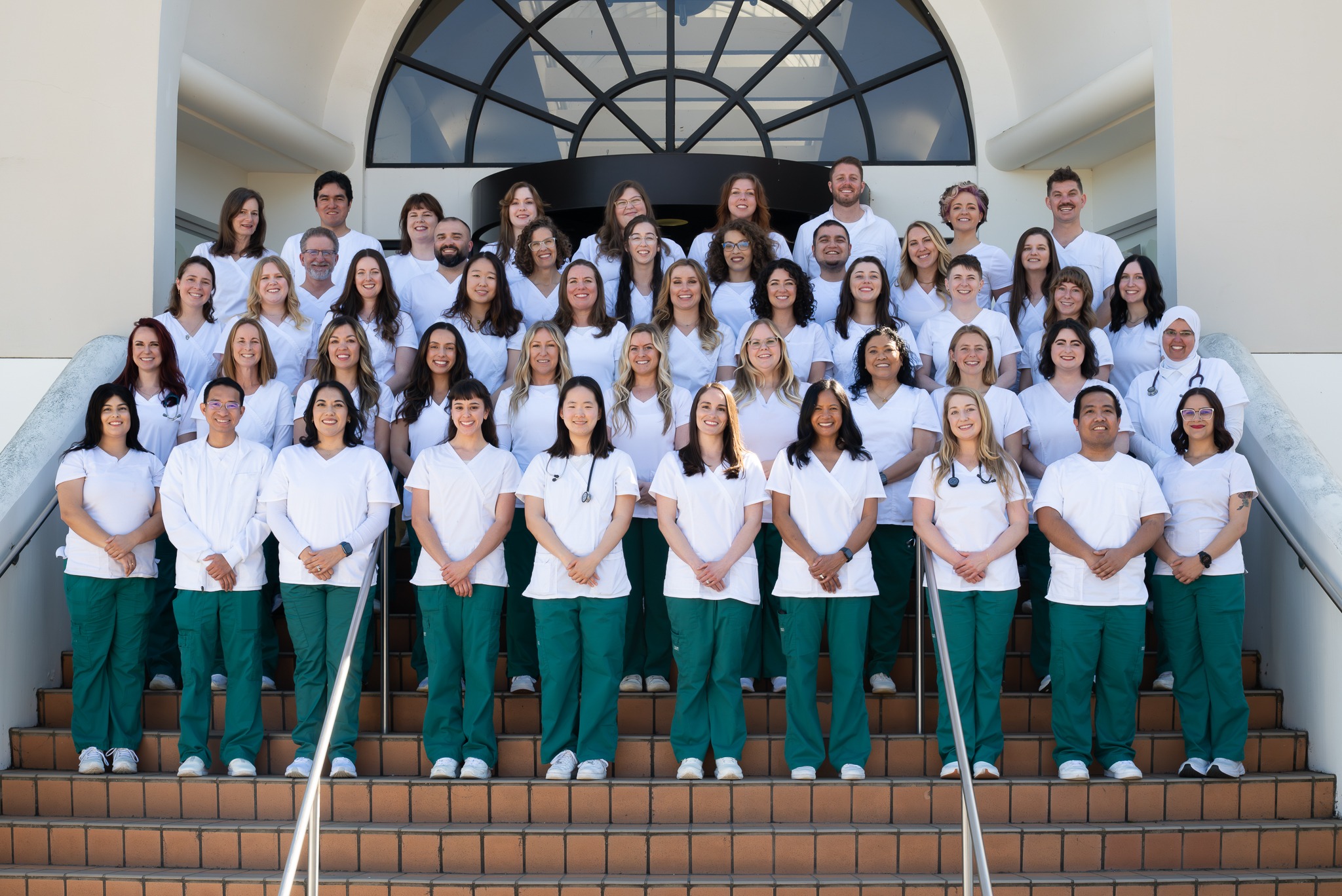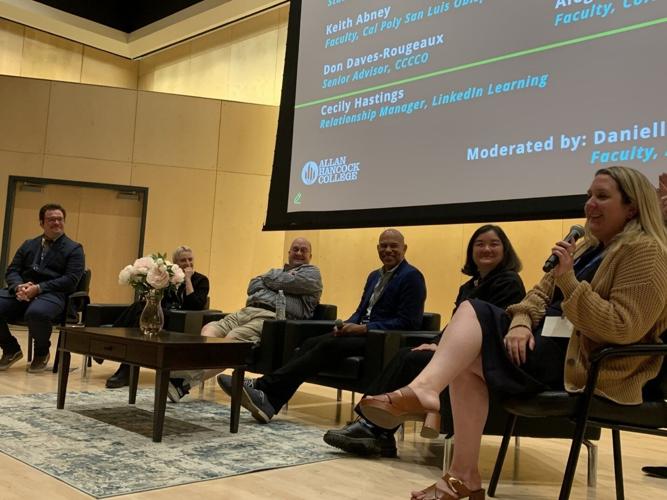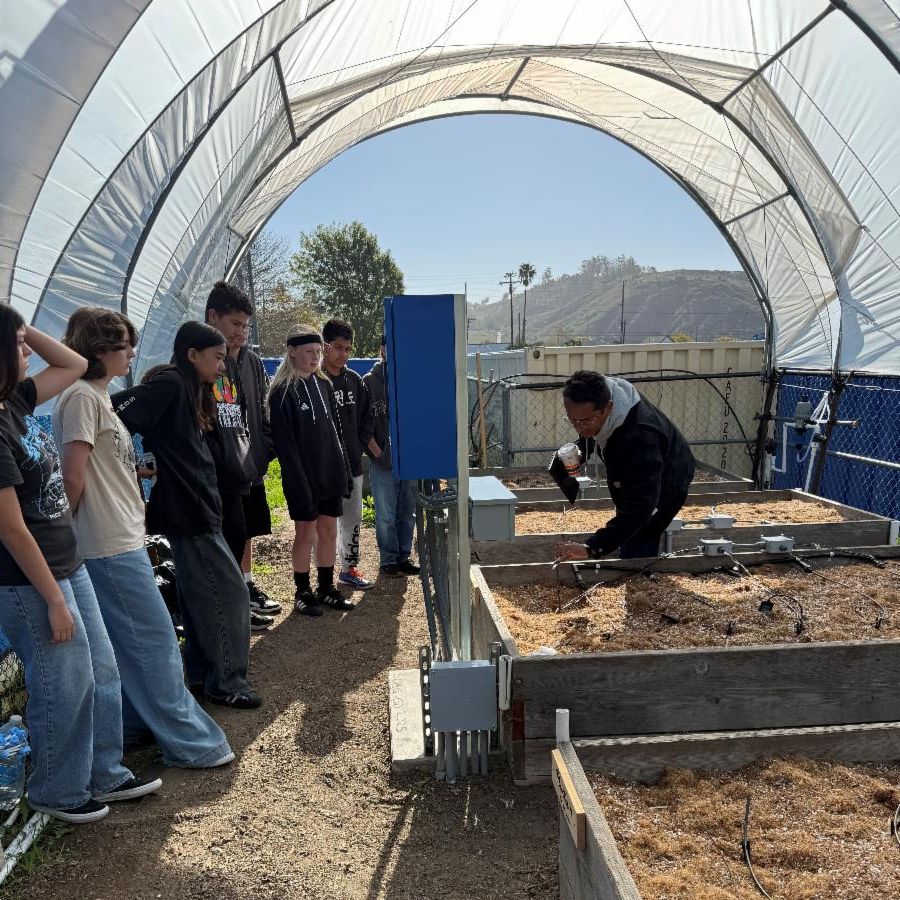Announcing the new Agricultural Career Readiness Skills for the 21st Century (ACRS21) Certificate Pathway program, in partnership with Fresno State, Texas A & M University and the CCCCO Agriculture, Water, and Environmental Technology sector. Funding is provided by USDA National Institutes of Food and Agriculture Hispanic Serving Institutions grant ($1,000,000).
Funding will support a pipeline of underrepresented students from high school, community colleges, and Fresno State. The program will provide professional development to instructors as well as student internship opportunities and utilize the online Agriculture Experience Tracker (AET) online tool to track student outcomes. Additional information will be released as it becomes available.
The Agricultural Career Readiness Skills for the 21st Century (ACRS21) Certificate Pathway will utilize existing resources to create a transferrable certificated pathway uniting high school, community colleges, and universities in the development of soft skills and career readiness training. This far-reaching proposal will establish a pipeline of underrepresented employees for FANH sciences and USDA. The proposed scope includes 35,460 students from 5,000 high school agricultural programs across the USA, 12-15 California Community Colleges, California State University, Fresno and 1,517 teachers. This bold plan is designed to improve the quality of FANH sciences education, solve a higher education problem, and advance educational equity. ACRS21 will improve employability of underrepresented students through development of a sequenced, vertically aligned soft skills and career readiness pathway based on experiential learning activities. Objectives include: a) creating the ACRS21 Certificate Pathway, b) developing ACRS21 experiential learning activities (certificate requirements, 30 teaching modules, resources for advisory committees and career and academic counselors, assessment tool, and teacher evaluation checklist) to be recorded in the existing Agriculture Experience Tracker website; c) teaching students to complete increasingly rigorous activities/hours for high school, community college, and university; d) developing the Digital Agriculture Solutions Hub website to connect >150 university students/ag industry partners to facilitate job shadowing, internships, and mentoring requirements; e) designing and conducting 30 teacher trainings; f) leveraging two innovative database websites (one for tracking, one for ag industry student/professional networking via artificial intelligence based matching); and g) evaluating improvements in certificate earners’ soft skills via pre/post Life Effectiveness Questionnaire.




